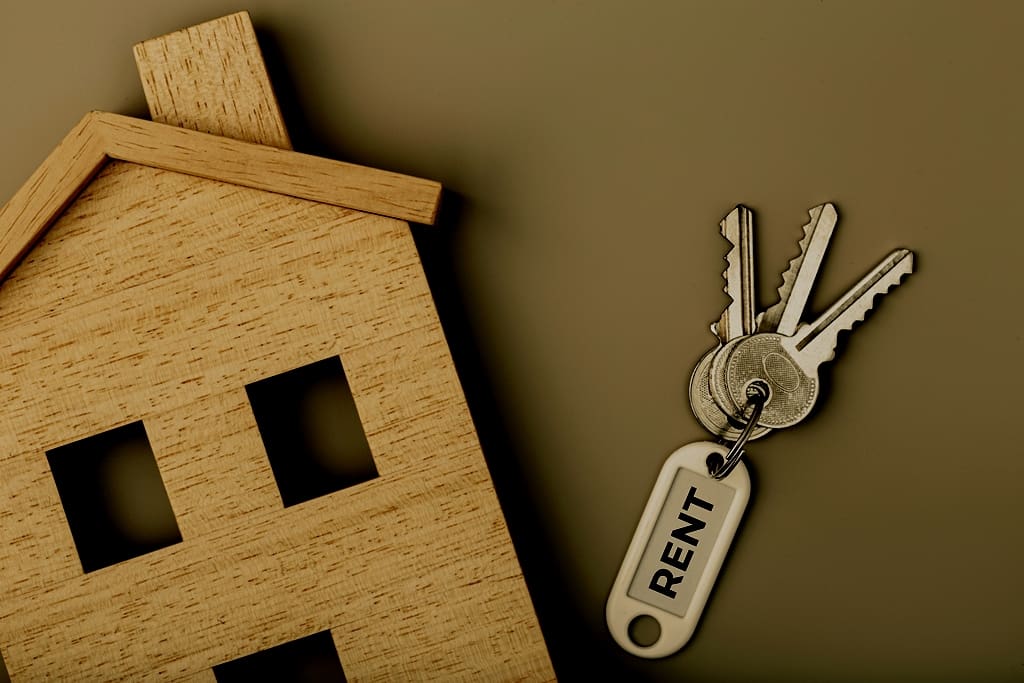Renting out a property can be a rewarding endeavor, but it comes with its challenges. As a landlord, you need to navigate tenant searches, lease agreements, property maintenance, and more. Here are some expert tips to help you streamline the process and maximize your returns.
1. Understand Your Market
Before listing your property, research the local rental market. Know the average rental prices, popular amenities, and demand for different types of properties. This knowledge will guide your pricing strategy and help you attract the right tenants.
2. Create an Appealing Listing
A well-crafted listing is your ticket to attracting quality tenants. Include high-quality photos, detailed descriptions of the property’s features, amenities, and nearby attractions. Highlight what sets your property apart to make it stand out in a competitive market.
3. Screen Tenants Thoroughly

Finding reliable tenants is crucial for a smooth renting experience. Conduct thorough background and credit checks, verify employment and income, and check references. Look for tenants with a history of responsible renting and prompt payment.
4. Draft Clear Lease Agreements
A detailed and legally sound lease agreement is essential to protect your interests and avoid disputes. Clearly outline rent amount, payment due dates, lease duration, tenant responsibilities, and rules regarding pets, maintenance, and property usage.
5. Communicate Effectively
Maintain open and clear communication with your tenants throughout their tenancy. Respond promptly to their inquiries and address maintenance issues promptly. A good landlord-tenant relationship is built on trust and mutual respect.
6. Regular Maintenance and Inspections

Regular maintenance and inspections are key to preserving your property’s value and ensuring tenant satisfaction. Schedule routine inspections, address maintenance requests promptly, and keep the property in good condition to retain tenants long-term.
7. Stay Updated on Landlord-Tenant Laws
Stay informed about landlord-tenant laws and regulations in your area. Understand your rights and responsibilities as a landlord, including eviction procedures, security deposit rules, and fair housing laws.
By following these tips and staying proactive in managing your rental property, you can create a positive renting experience for both yourself and your tenants. Remember, successful property management is a combination of knowledge, communication, and proactive maintenance.
#HomeRenting #TenantTips #PropertyManagement #RealEstateAdvice
